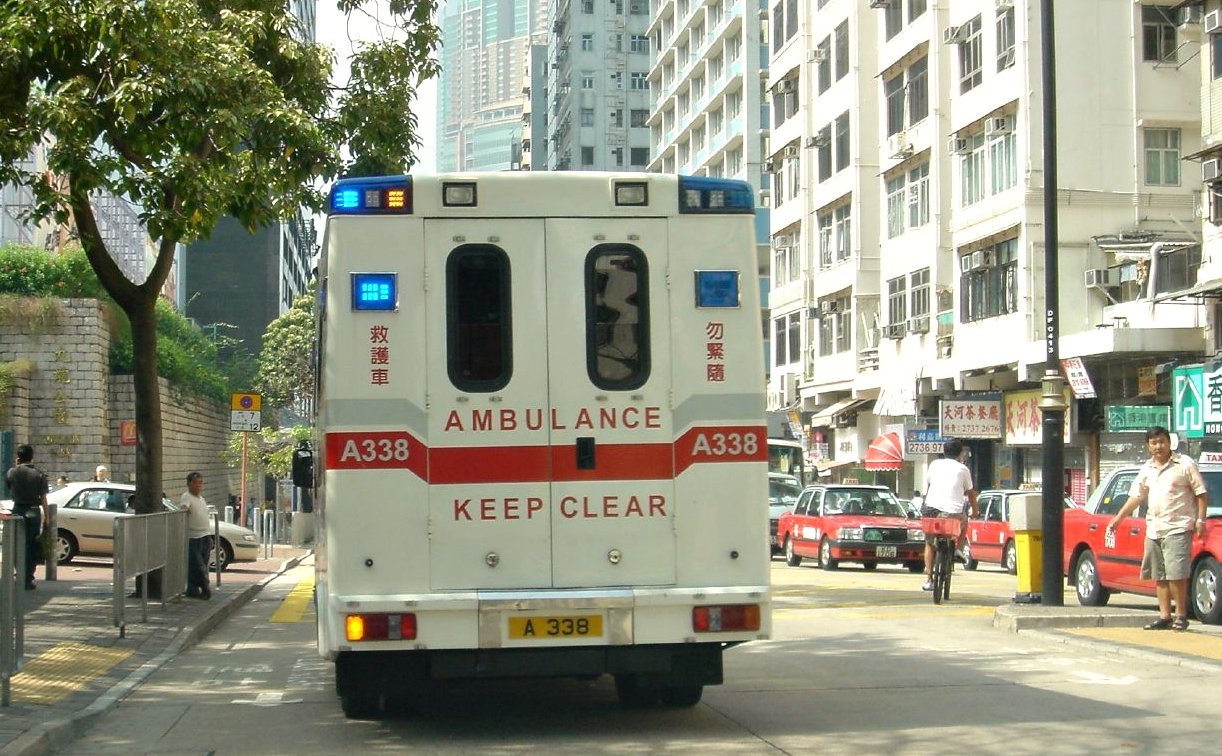|
Welcome to our blog about what’s wrong with the mental healthcare system. This blog is written by members of the National Shattering Silence Coalition (NSSC), a nonpartisan coalition of diverse individuals and organizations who are uniting with one common goal. We want to ensure that mental illness, health, and criminal justice systems count those with serious mental illness (SMI), serious emotional disturbance (SED), and their families in all federal, state, and local policy reforms. We are voices for the 10 million adults and 7 million children living with—and dying too young from—serious mental illness. Most of us have lived experience dealing with a loved one battling an SMI/SED. A number of us work in the field of mental health in some capacity. Others are involved because they passionately support our mission. All of us are united through our shared pain and our determination to improve the lives of those who have been diagnosed with a serious brain disorder.
NSSC members are banding together to support the implementation of mental health reform. We are a grass-roots coalition lobbying for a health care system that is long overdue for a major overhaul. Together we can revamp the entire protocol for obtaining professional help. We want to begin with mandated Crisis Intervention Training for all first responders, police, and ambulance crew, so they can safely transport our family members to emergency departments, replacing today's typical scenario of a distressed, handcuffed family member forced into the back of a squad car. Another critical reform we need is to eliminate the Institution for Mental Disease (IMD) exclusion to ensure there will actually be a safe place to take our family members when necessary. We need to eliminate lengthy waits for available beds, and eliminate the early release of unstable patients. These disruptions in treatment are caused by bed shortages and also by the IMD exclusion, a Medicaid regulation that prevents reimbursement for stays over 15 days. What is the IMD Exclusion, and why is it a problem? One of the greatest hurdles preventing Medicaid patients from accessing treatment and a greater continuity of care is the IMD exclusion, Section 1905(a)(B) of the Social Security Act. An IMD is defined as a hospital nursing facility or other institution with more than 16 beds that is engaged in providing diagnosis, treatment, or care of persons with mental diseases. The IMD exclusion prohibits payments with respect to care or services for any individual who has not attained 65 years of age and who is a patient in an institution for mental diseases, except for inpatient psychiatric hospital services for individuals under age 21. A Medicaid patient in a state with managed care will have access to an IMD, while a similar patient, in a state that utilizes fee-for-service, will not. Medicaid, since its beginning, has prohibited federal funding from going to states to pay for treatment of mental illness or substance abuse in IMDs. The IMD exclusion has been part of the Medicaid program since Medicaid’s enactment in 1965, and while Congress has had the opportunity on numerous occasions to amend or repeal the exclusion, it has remained largely intact. In addition, the regulations governing the IMD exclusion have not been updated since 1988. An NSSC member's 24-year-old son, diagnosed with schizophrenia, awaits admittance to Park Royal Hospital in Fort Myers, Florida.
When Lynne Warberg's son, diagnosed with schizophrenia, became psychotic despite the medications he was taking, the family tried to get him into a hospital. The injectable antipsychotic he was prescribed had lost efficacy, resulting in extreme psychosis. Two weeks earlier, he had been “Baker Acted” to a Crisis Intervention Unit, but he was released after only three days, even though he was still very sick. Such quick discharges are common in a system where institutional beds are in short supply due to the IMD exclusion. His continuous manic behavior caused his parents to seek immediate care for him. He was admitted to Park Royal, and his medications were changed. However, on the 15th day, he was released due to an IMD-related Medicaid rule that limits reimbursement to hospital stays of 15 days per month. He was not stable because psychiatric medications, such as serotonin-dopamine antagonist antipsychotics, take 6 - 12 weeks to reach full effect, and he could not be left alone safely. His mother was fired from her managerial position when she requested a Family Medical Leave in order to care for him. There are more than 10 million adults living with SMI in America. The IMD exclusion has been used to discriminate against this population for 53 years. These illnesses are medical diseases of the brain and must be treated with the same care and attention as any other medical disease of the brain, such as Alzheimer’s or Parkinson’s Disease. The IMD exclusion for mental illness has unethical and unjust consequences—death while incarcerated. We oppose having our loved ones jailed due to uncontrollable, and often misunderstood, behaviors from their illnesses. Jails and prisons have become our new asylums. Inmates face overcrowded cells, lack of much-needed treatment, unnecessary solitary confinement (which has been proven to exacerbate negative mental health symptoms), taunting and bullying from staff, a risk of death from maltreatment or violence, and overall inhumane conditions. Currently an estimated 325,000 people diagnosed with an SMI live on the streets, and 400,000 reside in our prison population. In the NSSC’s position statement, Point of Unity #4 is “End Discrimination.” We support the full repeal of the IMD exclusion, and call for parity and a right to treatment under Medicaid/Medicare. This addresses the immediate need for federal assistance to provide medically necessary care and services to individuals between the ages of 22 and 64, who are patients in institutions or facilities specializing in the care and treatment of psychiatric disorders (IMDs). For more information on why we are asking for a full repeal of the IMD exclusion, please download our position statement at http://nationalshatteringsilencecoalition.org/positions. The National Shattering Silence Coalition is determined to shatter the silent epidemic of untreated, or inadequately treated, serious mental illnesses (SMIs) in adults, and serious emotional disturbances (SEDs) in children. The NSSC speaks up for these 17 million individuals--the 4% who suffer from an SMI, and the 10% who suffer from an SED--along with their shattered families. Please join us today, and support the long-awaited implementation of mental health reform, by visiting http://www.nationalshatteringsilencecoalition.org/join.
0 Comments
Leave a Reply. |
Categories
All
|


 RSS Feed
RSS Feed
